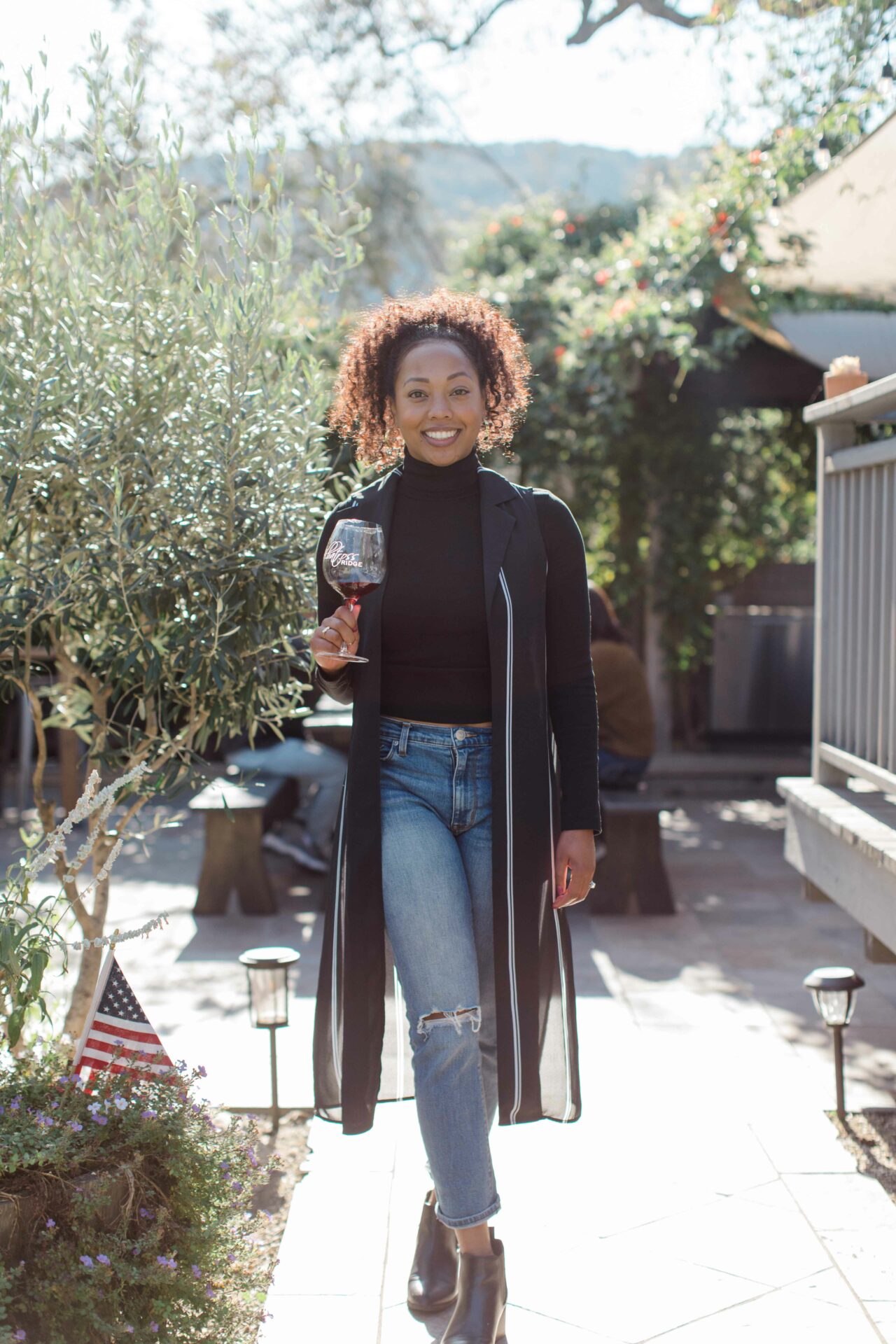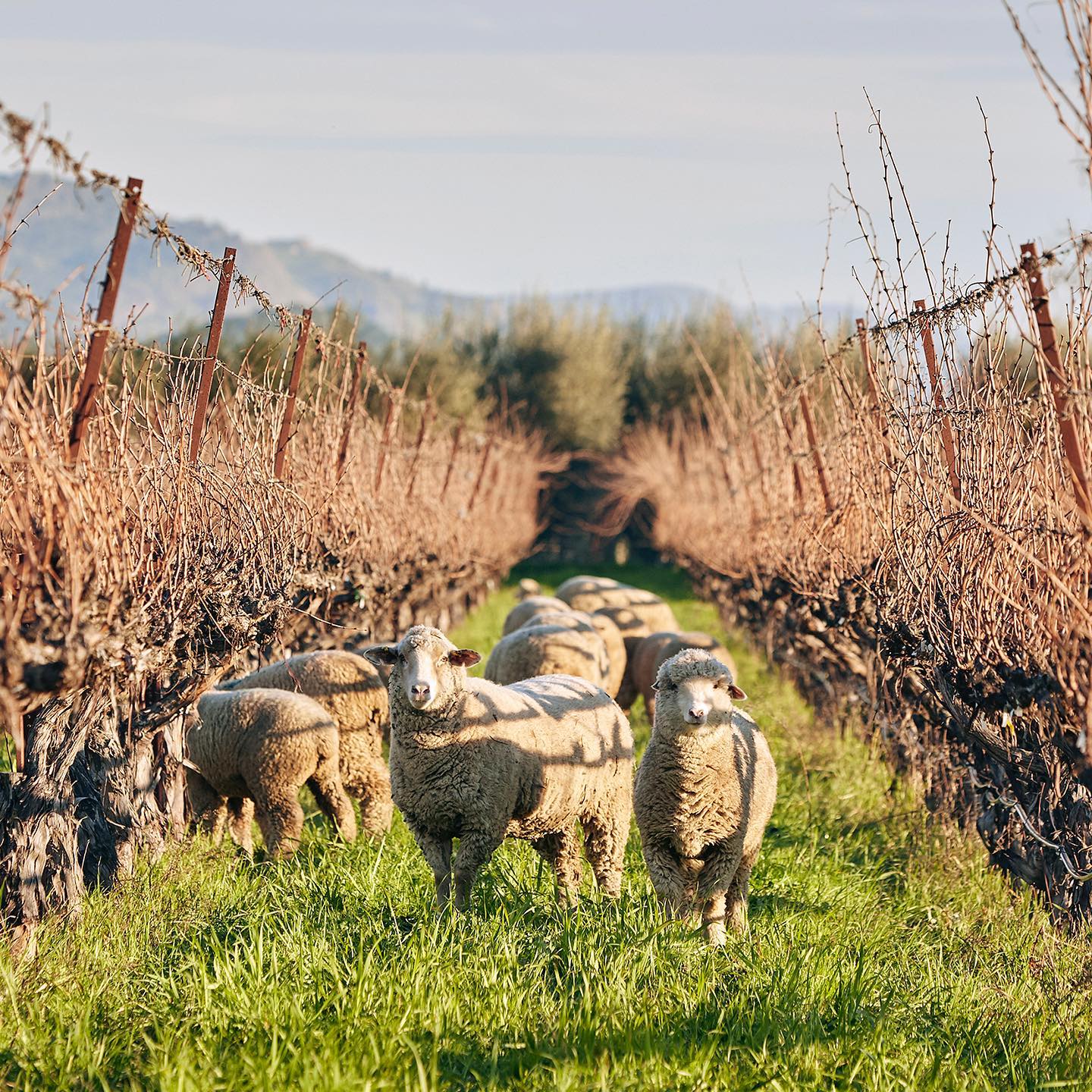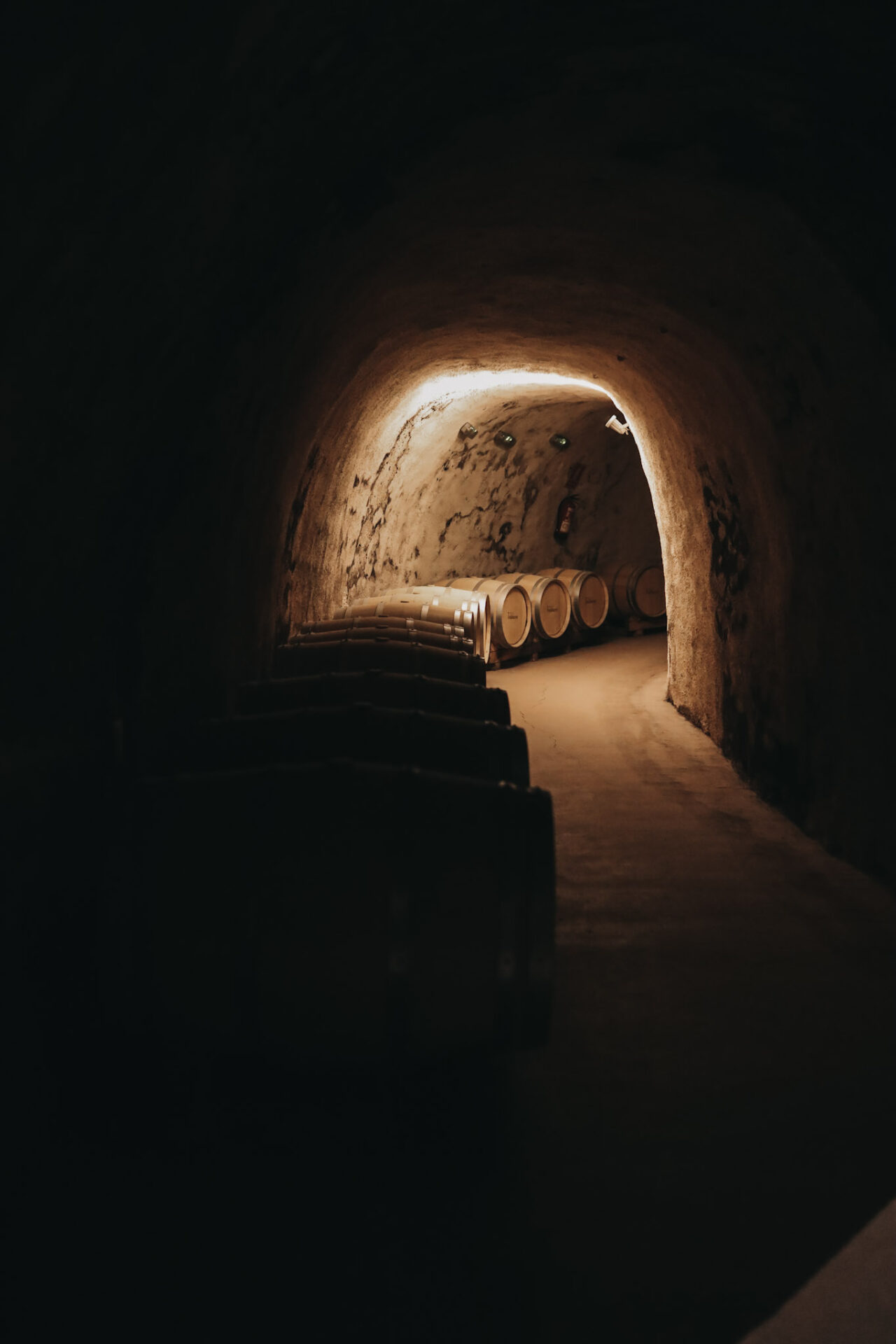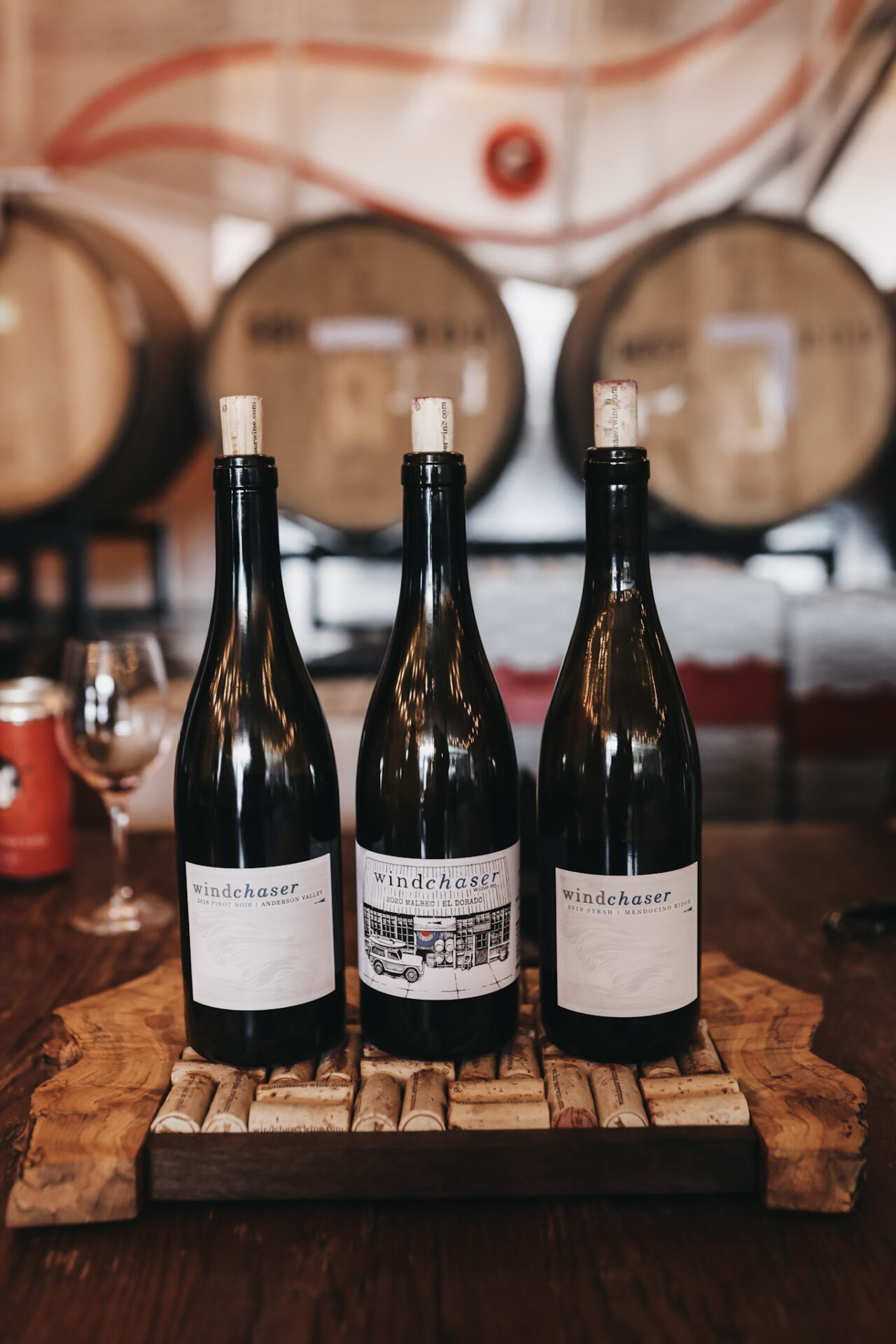
There’s a new(ish) trend in the wine world, and it’s all about natural wine. But what is natural wine? And what makes it so different from other types of wine? I reached out to natural wine expert, Nadia Mincey, to deep dive into the details. The result? Here’s your complete guide to natural wine.
>> This is a guest post by Nadia Mincey. Find her on Instagram @nadwines <<
What is Natural Wine?
Being a natural wine enthusiast is hard work. It takes long winded explaining, some convincing, and encouragement to taste before understanding is achieved.
Over the past two years I’ve juggled with the words, often fumbled, because there is no legal definition for the beverage I love so much. More recently, “natural wine” has been a buzz word often connected with the media or some type of gimmick marketing. Think “natty wine” vs. “clean wine”, respectively. This serves as a refuting starting point for my lengthy, but entertaining explanations.
These explanations, paired with a tasting of the actual juice leads to gulpable comprehension.
Natural Wine VS. Minimal Intervention Wine VS. Low Intervention Wine
The wine industry likes to make things complicated. The term “natural wine” can be used interchangeably with the terms “minimal intervention wine” and “low intervention wine”. Generally, these are wines made with organically or biodynamically farmed grapes, fermented with native yeasts (no commercial yeast added for fermentation), and the only addition in the cellar being a small amount of sulfur (SO2) at bottling.
What does this actually mean? Some may argue natural wines need to be “zero zero”, meaning nothing at all is added. To each their own, but I like to think of zero zero wines as a classification within the family of natural wines.
The above-mentioned process is all up to the natural winemaker’s style; winemakers are the source, light and truth to knowing what is in your wines. How do I know this? After two years of driving all over California for vineyard, cellar, winery and tasting room visits (yes, they are different), I’ve found that there is nothing greater than the source itself. Does this make me a true journalist of wine or a professional wine taster? I like to say both.

Natural Wine Starts in the Vineyard
Now, pour a glass and let’s break down my neatly bottled up answer. It all starts in the vineyard.
If the fruit is the best it can possibly be, then a winemaker has no need to add, subtract and multiply in the cellar. This is achieved through intentional farming.
Organic farming does not incorporate any artificial chemical sprays, the cover crop and the ecosystem grown around the vines balances everything out.
Biodynamic farming is a form of holistic organic farming, using the moon as a guiding calendar.
Simply put, natural wine can be seen as an agricultural product, a true expression of the land and climate it is picked from. Oftentimes, these wines are also dry-farmed, without irritation, using only the natural sources of water that hit the vineyard. Hand-picking grapes ensures no other critters or faulty fruit is being swooped up and brought to the cellar.


What is Natural Winemaking Like?
In the cellar, fruit is called to freeform, and do its thing. With only the naturally occurring yeasts on the fruit to kick off fermentation, the grapes undergo natural yeast fermentation, also known as “wild yeast”, “indigenious yeast” or “native yeast” fermentation.
Additions and adjustments are not made to improve the color, texture, or taste of the wine. Chemicals are not added to fine, filter or clarify the wines. Instead, you end up with sometimes cloudy, yet vivid hues and floating sediment. These particles do not bite, I promise. The resulting taste is wine with multilayered flavors, character, and life. Think everything from whimsical, memory-inducing notes to familiar palate-pleasing sensations.
What does non-natural, conventional winemaking look like?
On the flip side, regular or conventional wine does not require organically grown grapes, commercial yeast is typically added to start fermentation and winemakers make adjustments to the wines by way of additives. The FDA has approved over 60 additives for winemaking, which are not required to be disclosed on labels. Organic wines or wines made with organically grown grapes may start the same as natural wines, but go through a conventional winemaking process in the cellar.
As consumers, we are marketed with fancy tasting rooms, beautiful labels, and bursting grocery store shelves. There is a ton of wine out there, but also a ton of information. It comes down to our personal interest to seek it out. That being said, we all start somewhere, and I thank you for reading to this point. At the end of the bottle, wine is wine, and it is an alcoholic beverage.
Is natural wine better for you? I wouldn’t say any alcoholic beverage is necessarily healthy, but making informed choices is a luxury available to us. As the old saying goes, we pick our poison.
There are natural wine shops and bars popping up everywhere, and e-commerce has exponentially grown. Ask your local wine shops or wineries if they have natural wine, wines made with native yeast fermentation or minimal/low intervention wines. If they look at you stunned or lost for words, you may have to keep searching. For a shameless plug, follow or DM me on Instagram @nadwines, I’ll be happy to point you to the winemakers or shops in your area.
If you’re looking to learn more about natural wine, check out The Wine Zine, a bi-annual publication about natural wine culture. If you’d like to taste with me, virtually or in person, email me at sales@nadwines.com. Let’s set up a fun session to taste and purchase Sans Wine Co., premium canned natural wines from California.
Natural Wine FAQ's
What is the difference between natural wine and regular wine?
Natural wine is made from grapes not sprayed with pesticides or herbicides, and are handpicked instead of being harvested by machines. In stores, look for phrases like “minimal intervention”, “natural winemaking techniques” and “unfined/unfiltered.”
Does natural wine taste different?
It’s normal for wine to be described as “sour” or having a “funky aroma”. Some have compared it to the sour notes of cider, or kombucha.
What is special about natural wine?
There are over 72 legal additives allowed in winemaking and many of them end up in conventional wine. The special thing about natural wines is that they contain no additives whatsoever.
Why is natural wine so expensive?
Grapes for natural wine are typically grown by small-scale, independent producers using lesser-known grape varietals, which is why they are a little more expensive than conventional wines.
Does natural wine give you a hangover?
People claim that because of the lesser amount of sulfites in natural wine, you’re less likely to get a hangover. In my personal opinion, sulfites do not equal a hangover. If you drink too much, and are not hydrated then you will most likely get a hangover.
Is natural wine healthy?
Because natural wine contains no pesticides, it is considered to be a healthy wine.
Does natural wine have alcohol?
Yes, although they typically have less than conventional wines. Many conventional wineries add sugar during the fermentation process, speeding up production and increasing the alcohol level, whereas natural wines do not.
Other Posts You Might Like
About the Guest Author

Nadia Mincey
Hi, I’m Nadia Mincey, also known as “Nad” to my loved ones. I have always had an affinity for wine, but the uniqueness of natural wine: biodynamic and organic farming, minimal intervention winemaking and the unpredictable flavor profiles sparked a special interest. I was introduced to natural wine in 2018 when I moved to the Bay Area from Los Angeles. The region’s abundant natural wine scene provided an unfamiliar take on wine: unpretentious and approachable.
Learn more about Natural Wine and join my community on Instagram @nadwines
